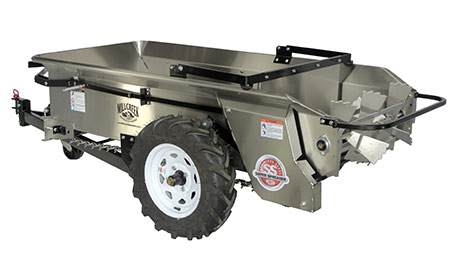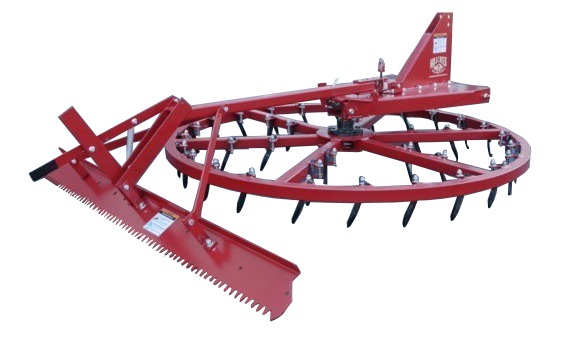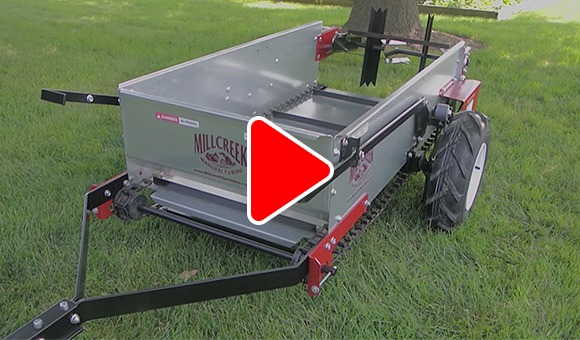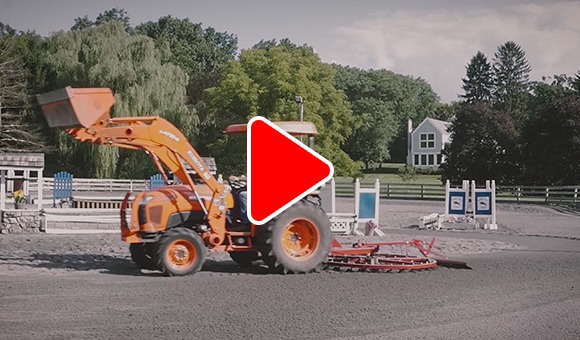Has your horse ever encountered a snake? Even though horses greatly outweigh those sly creatures, you should know which snakes pose a real threat, how your horse might react if he encounters one and what to do (and not do) if your horse gets bit! Here’s 5 things to understand about horses and snakes.

Whether you welcome those slithering serpents into your space or not, this is the prime time of year (April-October) to come across snakes around the barn or on your property. Maybe you’re wondering what your horse’s reaction will be if he spots one or what you should do if he gets bit! Here’s 5 things to know about horses and snakes.
Are horses afraid of snakes?
While it’s said that most horses are nervous of the strange movements snakes make, a lot of horses have shown to be more curious than afraid. It is true, however, that your horse may outrun you if he is as scared of it as you!
Can a snake bite kill a horse?
In the U.S., there are four venomous snakes that can and do pose a deadly threat to small companion animals, like cats and dogs. But, aside from young foal, adult horses do not typically die from the toxic venom from a snake bite. Your horse’s Veterinarian will be more concerned with asphyxiation due to swelling, infection and secondary disease that can result from a bite.
What should I do if my horse is bitten?
Contact your veterinarian immediately! He or she will suggest emergency aid, if necessary, that you can do while you wait for their arrival, such as placing a tube to prevent asphyxiation from muzzle swelling. Try to determine where the bite is located. Bites typically occur on the legs or face and if bitten by a poisonous snake, swelling will begin quickly.
What NOT to do if your horse is bitten!
Do not try to suck out the poison! It won’t work and could risk your own health.
Do not try to catch the snake. Again, dangerous for you!
Do not apply a tourniquet. Doing so will not stop the spread of venom.
Which snakes should I worry about?
There are four types of poisonous snakes in the United States and these are the ones that pose a threat to your horse. Colors and patterns vary depending on the area you live in, but a quick google search with your location (zip code, city, etc) will reveal images of the ones that could be lurking around your property!
1. Copperheads

2. Coral Snakes

3. Water Mocassins

4. Rattlesnakes

With healthy, adult horses, swelling and infection are the greatest concerns resulting from venomous snake bites. Immediate veterinary attention and treatment typically offers the best chance for a full recovery. Your vet will also inform you of things to watch for as there is sometimes the potential for illness onset much later. Of course, steering clear of snakes altogether is probably the best bet for everyone!





